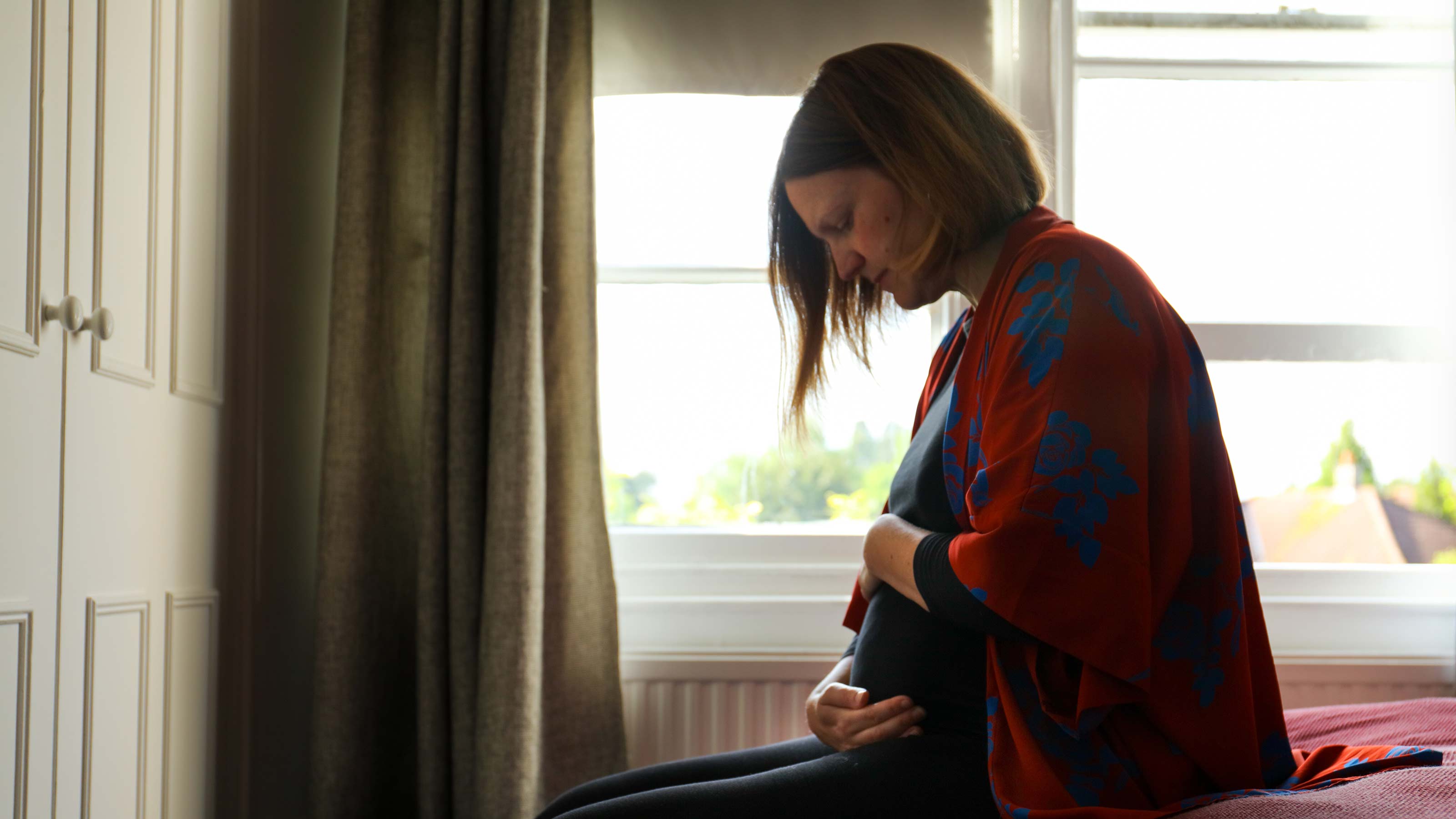
According to the American Society of Addiction Medicine, “Addiction is a treatable, chronic medical disease involving complex interactions among brain circuits, genetics, the environment and an individual’s life experiences. People with addiction use substances or engage in behaviors that become compulsive and often continue despite harmful consequences.”
Unfortunately, the words that are commonly used to describe people who use drugs, alcohol or other substances often do not accurately reflect that addiction is a treatable brain disease. Instead, these words imply that people with substance use disorders (SUDs) are at fault for their disease or don’t have enough willpower. The terminology is ingrained in our culture, and we still hear it all the time on television or in person.
The problem with such language is that it reinforces stigma, which is discrimination based on negative stereotypes. Studies have shown that stigma in addiction can lead people with SUDs to delay treatment and can cause healthcare professionals to treat these patients differently.
The National Institute on Drug Abuse is trying to fix this problem: If we use person-first language instead of negative labels, we can reduce stigma, promote recovery and help people live healthier lives. NIDA has a guide on proper use of language for health care professionals, which can be used by anyone in referring to people who have SUDs.
Let’s look at some examples from the NIDA guide.
- Choose person-first language such as person with substance use disorder, patient or person in recovery instead of addict, user, substance abuser, junkie, drunk. These words imply the person is the problem, rather than the person has a disease.
- Choose substance use disorder instead of habit, which implies that a person can choose to stop if they would like and understates the seriousness of the condition.
- Choose use for illicit drugs, and misuse or use other than prescribed when referring to prescription medications instead of abuse, which is judgmental and associated with punishment.
- Choose urine test negative for substances, being in remission or not drinking or taking drugs instead of clean. Choose urine test positive for substances or as a person who uses drugs instead of dirty.
- Choose a baby born to a mother who used drugs while pregnant, a baby with signs of withdrawal from prenatal drug exposure or a newborn exposed to substances instead of addicted baby. Babies who are born from mothers with SUD are not addicted, because addiction refers to specific behaviors that a newborn does not exhibit.
Small changes like the suggestions above can make a huge difference for people with SUDs and remind everyone that they are human beings who deserve respect and care just like everyone else.

Help for substance use disorders
Ohio State is a leader in the treatment of substance use disorders in central Ohio.
Learn more



